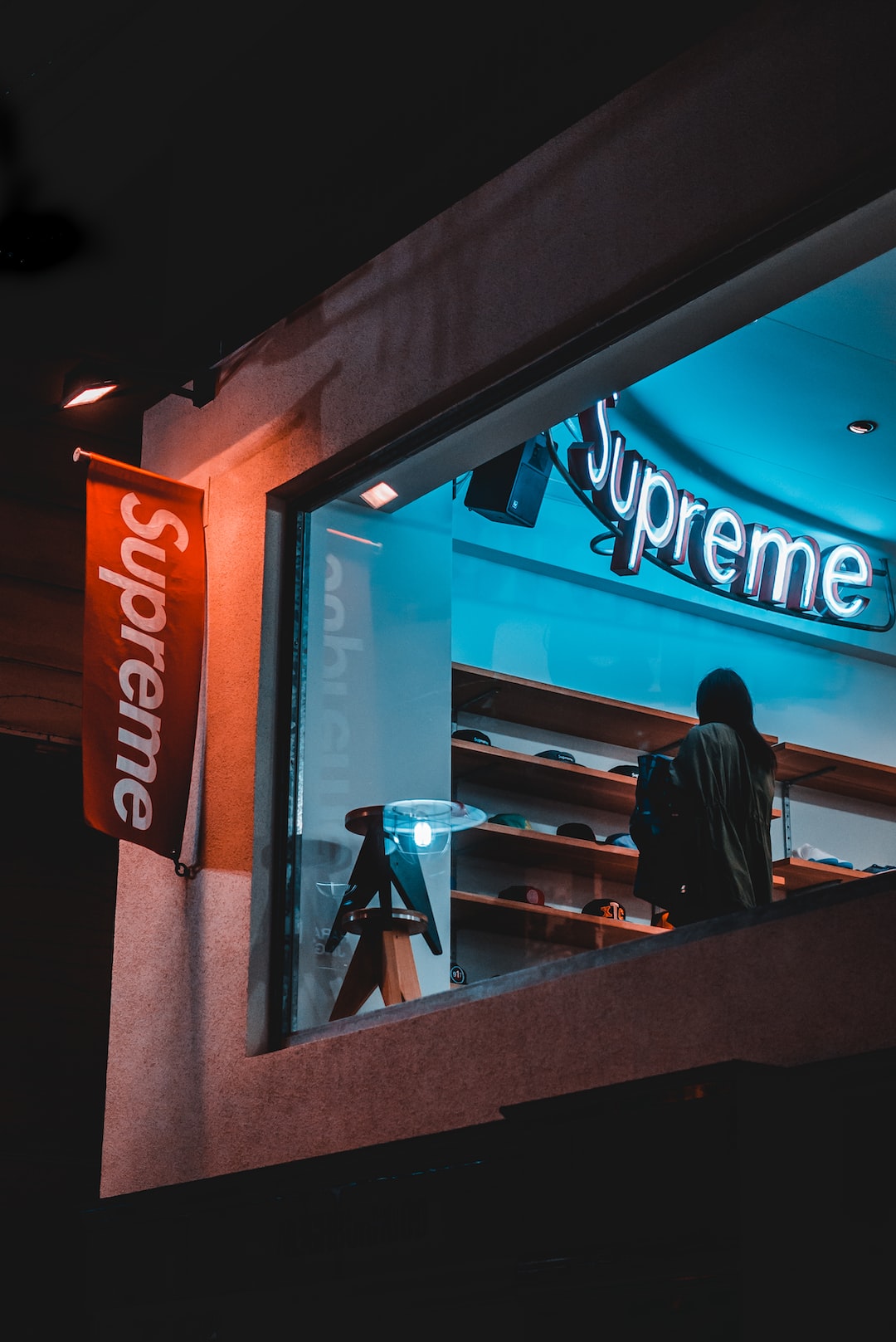The Rise of Eco-Friendly Packaging: Brands Making a Difference
In recent years, there has been a growing concern about environmental issues, and one area that has received significant attention is packaging. With rising awareness about the impact of plastics and non-biodegradable materials on the planet, many brands are stepping up their game and adopting eco-friendly packaging solutions.
One of the key players in this movement is the beauty industry. Traditionally, beauty products have been packaged in plastic containers, contributing to the already massive plastic waste problem. However, several brands have recognized this issue and are actively striving to make a difference.
Lush Cosmetics, for instance, is known for its commitment to reducing waste. The brand uses 100% post-consumer recycled plastic bottles for its shampoos and conditioners, diverting a large amount of plastic waste from landfills every year. Additionally, Lush also offers shampoo bars, which come with minimal packaging and eliminate the need for plastic altogether.
Another brand that stands out is Burt’s Bees. They have implemented innovative packaging solutions such as paper tube lip balms and glass containers for certain products. By opting for sustainable materials, Burt’s Bees is reducing their carbon footprint and inspiring other brands to follow suit.
The food and beverage industry is also taking steps towards eco-friendly packaging. In recent years, reusable and biodegradable solutions have gained popularity. This allows customers to reduce their waste and make more sustainable choices.
One brand leading the way in this area is Starbucks. They have introduced a range of initiatives to minimize their environmental impact, including the introduction of strawless lids and the use of compostable cups. These small changes collectively make a big difference in reducing plastic waste.
In addition to established brands, many startups are emerging with a focus on eco-friendly packaging solutions. One such example is Loop, a company that offers refillable packaging for a range of consumer products. Loop allows customers to order products online in reusable containers, which are later collected and refilled, minimizing waste.
E-commerce giant, Amazon, has also acknowledged the importance of sustainable packaging. They have introduced “Frustration-Free Packaging,” which eliminates unnecessary packing materials, reduces waste, and simplifies the recycling process for customers. By making these changes, Amazon is setting an example for other companies in the industry.
Moreover, the rise of eco-friendly packaging has not only been limited to consumer goods but has also extended to the shipping and logistics sector. Companies like DHL and UPS have started using electric vehicles and investing in clean energy, reducing their carbon emissions. Additionally, they have implemented measures to optimize packaging size, reducing the amount of material required for shipping.
While the rise of eco-friendly packaging is undoubtedly a positive trend, there is still a long way to go. Many brands continue to use excessive packaging or materials that are not easily recyclable. However, consumers and environmental organizations are increasingly holding brands accountable for their packaging choices, pushing them to make sustainable changes.
In conclusion, there is a clear rise in eco-friendly packaging, with several brands leading the way. Whether it’s the beauty industry, food and beverage companies, or even shipping and logistics providers, many forward-thinking brands are adopting sustainable packaging solutions. By making these changes, they are reducing waste, minimizing their carbon footprint, and inspiring others to do the same. It is crucial that consumers continue to support these brands and demand more sustainable choices to ensure a greener future.
